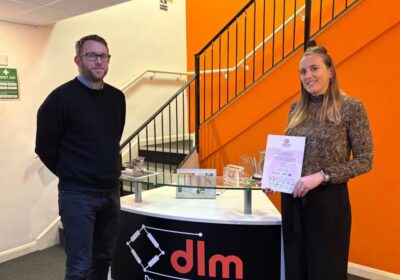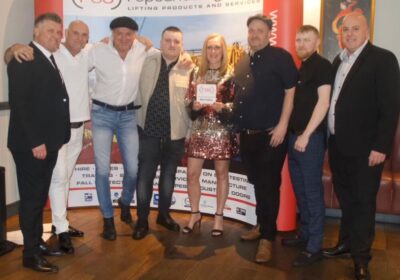~ How multiple tactics can lead to trade show recognition ~
Have you ever looked at the agenda of a trade show and thought that you’re well placed to offer something? It’s not as simple as asking if you can speak – though that is one aspect of it. You are in direct competition with plenty of other potential figures across the industry, so how do you become one of those conference speakers offering thought leadership in your sector? Ian Bolland, account manager at public relations specialist Stone Junction, offers some more insight.
For two years, I managed two conference stages at a leading medical technology trade show alongside editing its accompanying magazine. In many ways, editing the magazine was useful as I could keep track of topics and issues that mattered to the audience attending the show – and importantly familiarise myself with thought leaders. So here are a few tips on what I looked for when approaching speakers, or when going through any submitted abstracts.
Make yourself recognisable
This is not to say you should have the fame of a celebrity, but to make sure that your name is recognisable in the industry. This can be done by pursuing other public relations tactics before you’re ready to make the leap into a speaker.
Speaking at a show is thought leadership but this can come in different forms. Blog posts or opinion pieces that feature in trade media, being a guest on relevant podcasts or commenting on the latest industry news are all ways of getting yourself noticed with trade show organisers.
Many speakers I approached, or invited to submit an abstract, had offered other modes of thought leadership beforehand. Their long-form pieces provided in-depth knowledge of the industry, and if they appeared on a podcast I could gauge how they could come across in person and if they could make the leap to a live audience on a stage of 100+ people.
In addition, with new social media channels continuing to emerge, having an effective social media campaign where organisers can recognise your interpersonal skills, along with effective message delivery, can be a big asset to put forward.
Standing out, and fitting in
Months in advance a trade show will issue a call to papers – listing the topic areas they would like to cover at this year’s show. Usually, these are broad points so potential speakers have some freedom to approach the organisers with their own thoughts on the subject.
Submitting an abstract matching one of the themes outlined shows you have tried to tailor your talk to fit the event. It’s simple but showing you have read the call for papers is pleasing for the organisers – it shows you have taken time and careful consideration. There are events, however, that will include the line ‘but are not limited to these topics’ – so, if you have something to add, back yourself – but it needs to be both strong and polished.

Exhibiting
Trade shows cost a lot of money to run, and bluntly speaking, organisers will look on you favourably if you support them. Taking a stand shouldn’t be seen as bribing organisers, but as a further lead generation opportunity and a chance to connect with others who can facilitate speaking at other events in the future – whether that’s nationally or internationally. Lots of organisers visit other shows to generate ideas and source future speakers – giving yourself that base and allowing yourself that time to network and demonstrate your skills further can be a real asset.
Speaking at trade shows should form just one part of your public relations campaign – and should come with a mix of different tactics – such as opinion pieces, blog posts, news releases and interviews – that can position you as a thought leader in the sector.
Working with an established public relations agency with experience and contacts within STEM can help carefully devise and manage a plan that allows you to reach your goal – and establish if speaking at a show is right for you.
At Stone Junction we can put together multiple tactics to help you reach your end goal and manage plans across advertising, media and trade show exhibiting. To find out more, visit out trade show speakers page on our website.








